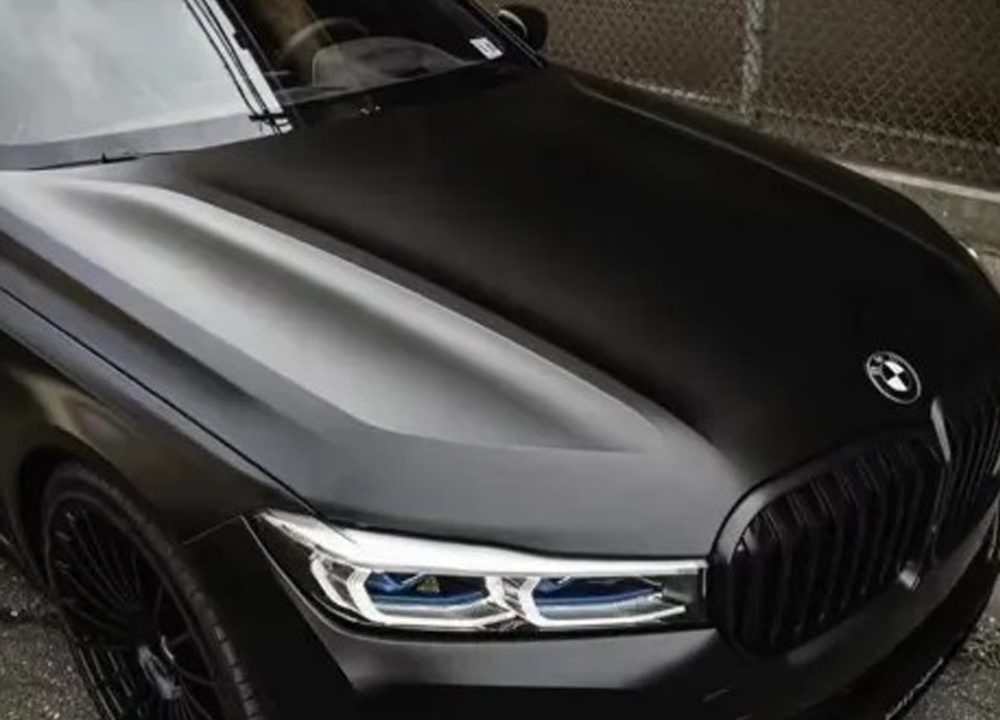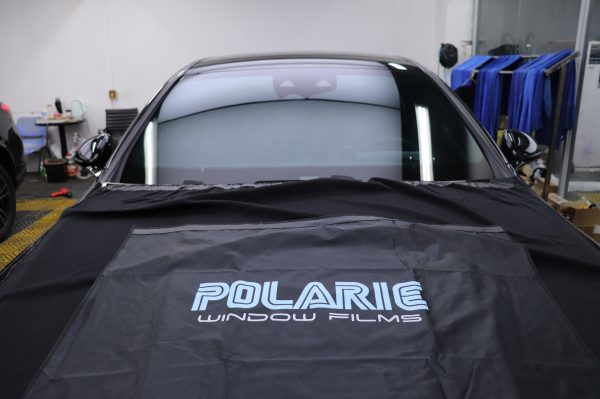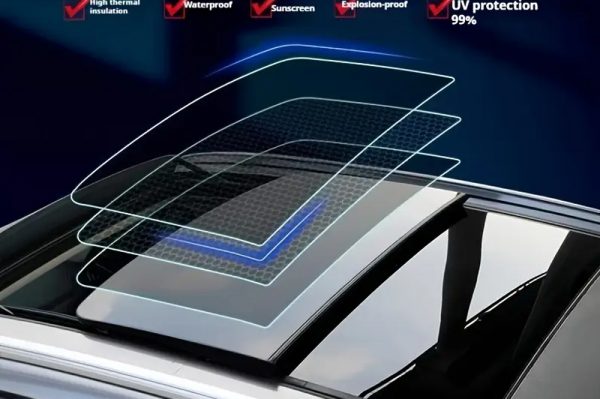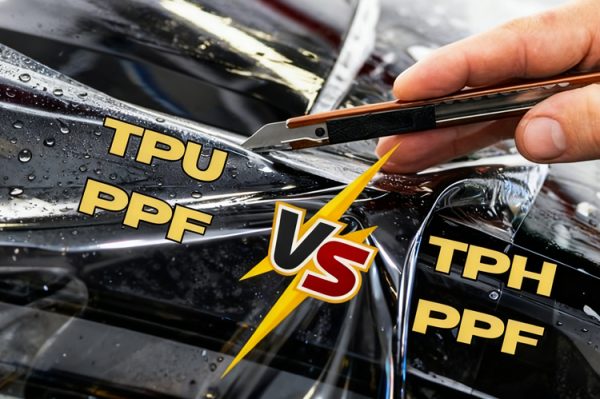
- by admin
- 0 Comments
- Blog
Vehicle vinyl wraps have transformed the automotive customization industry, allowing drivers to easily change the look of their cars without repainting. From sleek matte finishes to eye-catching color-shifting films, wraps have become a popular way to express individuality while protecting the original paint.
Table of Contents
1. What Is Vehicle Vinyl Wrap?
A vinyl wrap is a thin, adhesive-backed film applied to a vehicle’s surface. It serves both decorative and protective purposes, shielding the paint from UV rays, road debris, and minor scratches. Most wraps are made of PVC (polyvinyl chloride) or TPU (thermoplastic polyurethane), depending on performance needs.
2. Types of Vinyl Wrap Finishes
Vinyl wraps come in multiple surface textures, each offering distinct aesthetics and maintenance requirements:
Matte Finish: Non-reflective, smooth, and modern — perfect for sporty or stealth looks.
Satin Finish: Slightly glossy with soft reflections; elegant for luxury vehicles.
Gloss Finish: High shine and vibrant; ideal for showroom-quality appearances.
Chrome & Metallic: Mirror-like surface for a futuristic, high-impact effect.
Color-Shifting (Chameleon): Changes hue under different lighting angles.
3. Popular Colors & Market Trends in 2025
In 2025, the most trending vehicle wrap colors in the U.S. and Europe include:
Ultra Matte Deep Green – popular among SUVs and off-road enthusiasts.
Liquid Silver & Ceramic Black – preferred for premium and electric vehicles.
Satin Pearl White & Iridescent Blue – luxury favorites for a refined, futuristic tone.
Modern buyers are moving toward eco-friendly TPU films, non-yellowing adhesives, and self-healing top coats that extend the wrap’s lifespan.
4. Material Comparison: PVC vs TPU
| Property | PVC Vinyl Wrap | TPU Vinyl Wrap |
|---|---|---|
| Durability | 3–5 years | 7–10 years |
| Elasticity | Moderate | Excellent |
| UV Resistance | Basic | Strong |
| Cost | Lower | Higher |
| Self-Healing | No | Yes |
TPU wraps are more durable and premium, while PVC wraps remain cost-effective for short-term styling.
5. Installation & Maintenance Tips
Always clean and decontaminate the car surface before installation.
Use a heat gun and squeegee for even adhesion.
Avoid automatic car washes; hand wash with mild soap.
Park in shaded areas to prevent UV degradation.
Apply a protective sealant every 3–6 months to maintain surface integrity.
6. Regional Market Insights: The U.S. Example
In regions like California and Texas, demand for vehicle wraps has grown rapidly due to rising customization culture and hot weather conditions that affect paint longevity.
While exact prices vary, most U.S. shops charge between $2,000–$5,000 for full wraps, depending on material and complexity. However, prices are often balanced by the added resale value and protection offered.
7. Frequently Asked Questions (FAQ)
Q1: Can vinyl wrap be applied over old paint?
Yes, but only if the paint is smooth and intact.
Q2: How long does a car wrap last?
High-quality vinyl wraps can last 5–7 years, while TPU wraps can reach 10 years.
Q3: Is vinyl wrapping removable?
Yes, it can be safely removed using heat without damaging the paint.
Q4: Does vinyl wrap protect the car paint?
Yes. It shields the surface from UV rays, small debris, and scratches.




